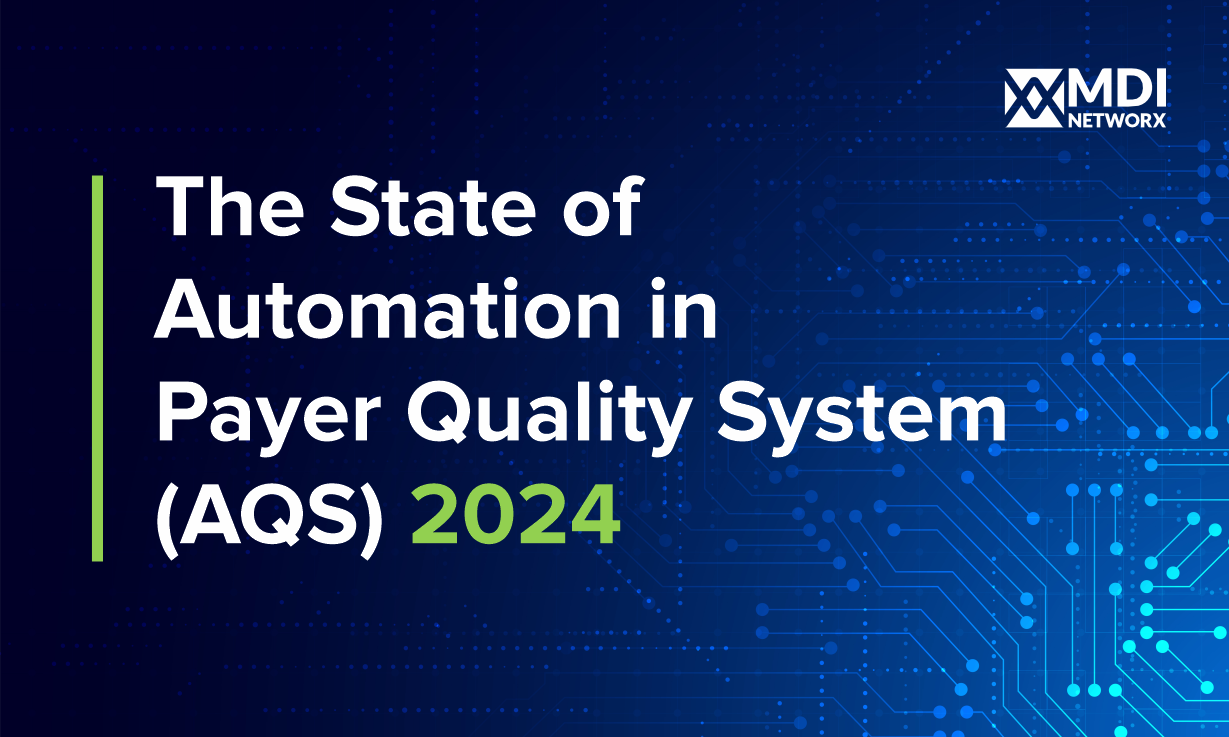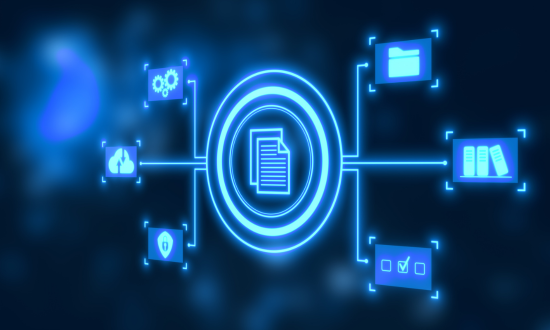A typical requirement for healthcare provider success in this dynamically changing healthcare environment is the correct revenue cycle administration. Most often, the traditional revenue management methods have inefficiencies, errors, and delays. Nevertheless, with Artificial Intelligence and automation, the healthcare industry will undergo a complete transformation. This blog deals with how AI and automation are transforming RCM in healthcare, therefore making it more accurate and efficient in operations toward better financial health.
The Current State of Healthcare Revenue Cycle Management
Essentially, healthcare RCM refers to the processes that integrate everything associated with patient service revenue from the time an appointment is scheduled to the final payment collected. Traditional RCM processes are labor-intensive and prone to human errors, leading to claims denials, delayed payments, and increased administrative costs. The Healthcare Financial Management Association estimates that a hospital loses 3-5% of its net revenue through poor RCM processes.
Role of AI in Healthcare RCM
AI-driven solutions are defining how RCM is modernized in modern terms. Here is how AI is contributing:
Automated Data Entry and Processing
The AI algorithm helps in making data entry automatic and hence reduces the chances of human error. Optical Character Recognition (OCR) is AI-driven in nature; it is a technology that can capture data for any document, so it can help speed up the process of billing.
Predictive Analytics
AI-powered platforms can predict claim rejections from historical data, providing healthcare providers a chance to take necessary action over possible issues before claim submission. This gives it a higher possibility of success, and most of the time—other than the processing time for it—a health provider only needs to resubmit once.
Better Patient Experience
AI-enabled chatbots and virtual assistants can handle patient inquiries, book appointments, and complete payment transactions. This will offer a much better patient experience and free staff to manage other, more complicated tasks.
Automation of Healthcare RCM
Automation is in collaboration with AI in dealing with repetitive and time-consuming work. The benefits would include:
Streamlining the workflows
Automation tools streamline work where the claims are routed, and tracked, and staff is apprised if any action is necessary. This cuts out bottlenecks and thus speeds up the whole RCM process.
Error Reduction
Automated systems reduce human intervention and, hence, a lesser likelihood of errors. For example, with automated coding and billing, one can easily comply with the latest rules and regulations.
Save on Expenditure of Labor
On this note, health service providers will spend less on labor costs by cutting down on automated tasks, being able to outlay their resources in a better way. For example, a McKinsey report estimated that automation would save the US healthcare system up to $150 billion annually by 2026.
Success Stories in Practice of Real-World Applications of AI and Automation in RCM
There are several stories of success by health organizations in applying AI and automation in the RCM processes. For instance, when AI-powered RCM solutions were integrated, a leading hospital network within the Midwest reduced its claim denials by 30% and improved revenue by 20%. For instance, a large Californian-based healthcare provider realized a 25% betterment in payment collections for the first six months since implementing AI-based automated billing systems.
Challenges and Considerations
Though there is a clear advantage in implementing AI and automation in RCM, a few challenges are:
Data Security and Privacy
Patient data has to be highly secure and private and, thus, is a critical one. Healthcare providers have to make sure about compliance with regulatory aspects, such as HIPAA, and on top of that, be heavily invested in cybersecurity measures.
Legacy Systems Integration with AI and Automation Tools
Legacy RCM systems integration with AI and automation tools requires providers to realize the available benefits. Providers will only be considering those vendors who offer scalable and interoperable solutions.
Training and Change Management
The implementation process would call for high levels of staff training alongside effective change management. Healthcare players will have to invest in training for the staff to handle new technologies.
Conclusion
AI and automation are transforming the revenue cycle in healthcare, giving maximal benefits in terms of efficiency, accuracy, and costs. Embracing such technology accrues value to the health provider in improved financial performance and enough time left for quality patient care. As the health sector continues to shift, there is no doubt that AI and automation will form the backbone of running modern health matters.




